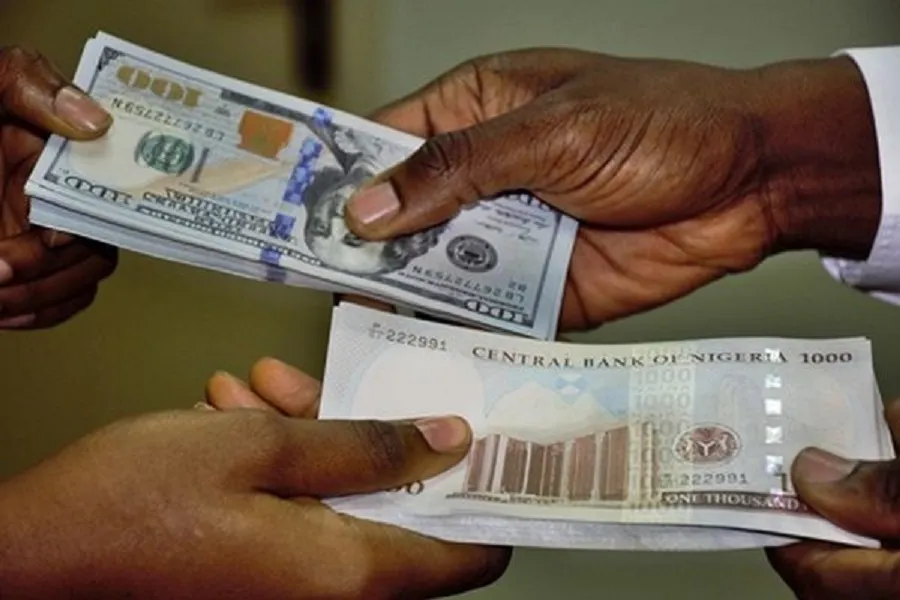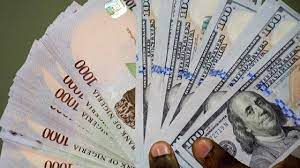The Nigerian naira plunged to a record low on the parallel market as dollar shortages continued to put pressure on the currency.
At the parallel market, naira commenced trading at 1,175/$ and closed at 1,190/$ on Friday.
The naira had traded at 1,100/$ at the parallel market two weeks earlier
It, however, appreciated slightly on the Investor & Exporter forex window after it sold at 808.28/$ at the close of trading on Friday, from 810.05/$ on Thursday, according to figures obtained from the FMDQ.
The naira has been in free-fall on the unofficial market, where it trades freely, which worsened after currency restrictions were lifted on the official market in June.
On Tuesday, it slumped to 1,100 to the dollar on the parallel market, and 980 per dollar on the official market, Refinitiv data showed.
Speaking to Journalist on the free fall of the Nigerian currency, a BDC operator, Adamu Afeez, said, “We are looking for those to sell to us, but now, we don’t have the dollar to buy. If we don’t have one, we cannot sell.
Before floating the naira, it traded at the official market on the FMDQ at 471.67/$ and at the parallel market at 765/$ in June.
The President, Association of Bureaux De Change Operators of Nigeria, Dr Aminu Gwadabe, said achieving stable, strong and virile exchange rate in Nigeria would require full participation of BDCs in the retail segment of the forex exchange market.
He said the challenges confronting the nation’s forex market and depreciation of the naira required cooperation from all.
The BDCs, he said, were licensed to play at the retail end of the forex market and should be fully involved in providing lasting solutions to the ongoing volatility in the exchange rate.
Gwadabe said, “The continuous depreciation of the naira in official and parallel markets does not benefit the BDCs and the domestic economy. Hence, steps should be taken to reverse the trend and strengthen the local currency for maximum economic impact.”
He said several measures by the apex bank to bridge the exchange rate gaps showed genuine intentions of the regulator to entrench exchange rate stability, but getting the BDCs involved in the solution recipe would bring the desired results of a highly liquid market and stable rates.
Gwadabe said that, like every other market segment, the market’s illiquidity remained a significant concern to the BDC sector.
He said aside from illiquidity in the market, ABCON was unhappy with the unlicensed forex dealers who were at the centre of speculative activities and attracting a negative image to the sub-sector.
Recall that the central bank has promised to intervene in the foreign exchange market occasionally to boost liquidity.





